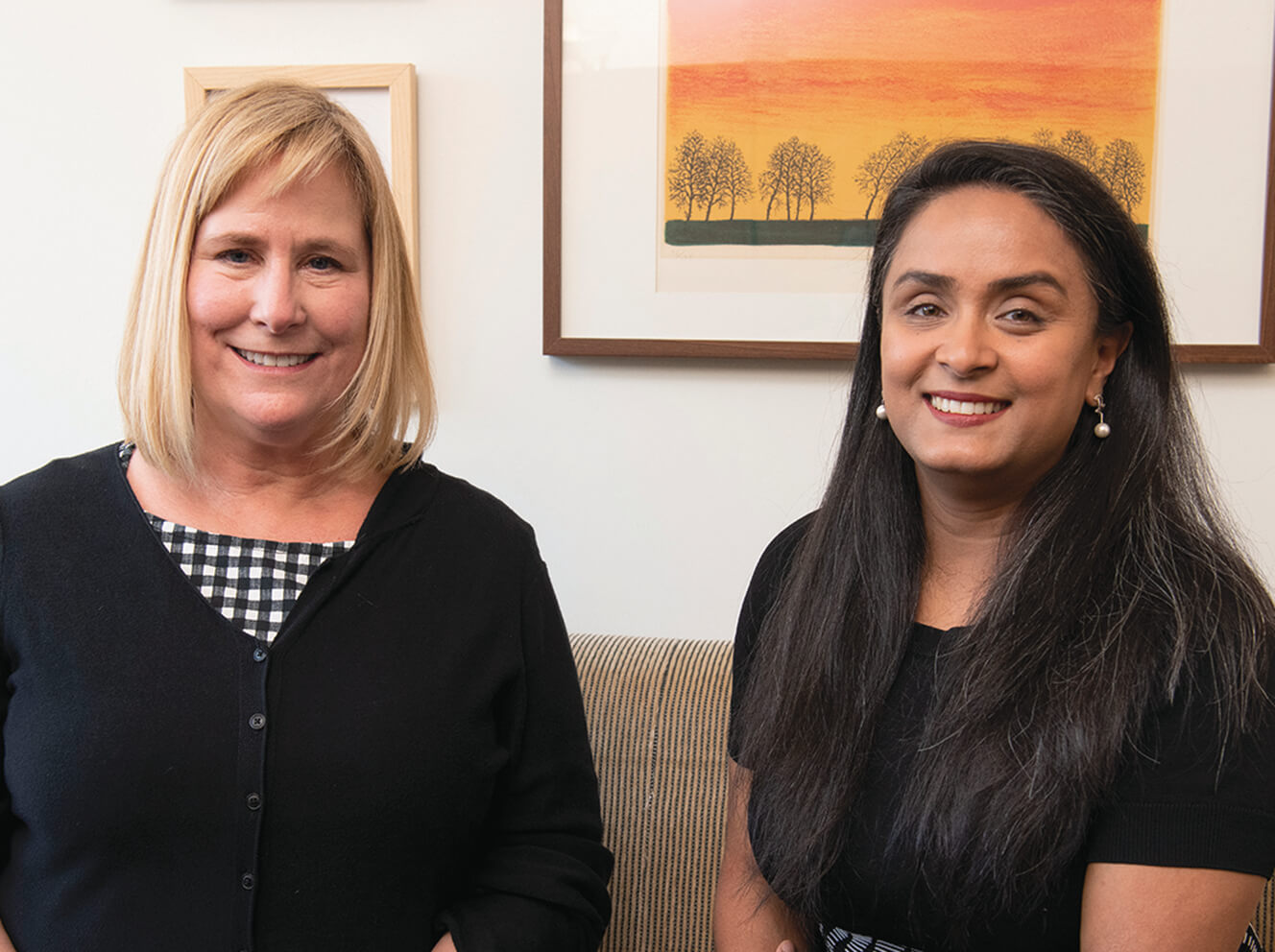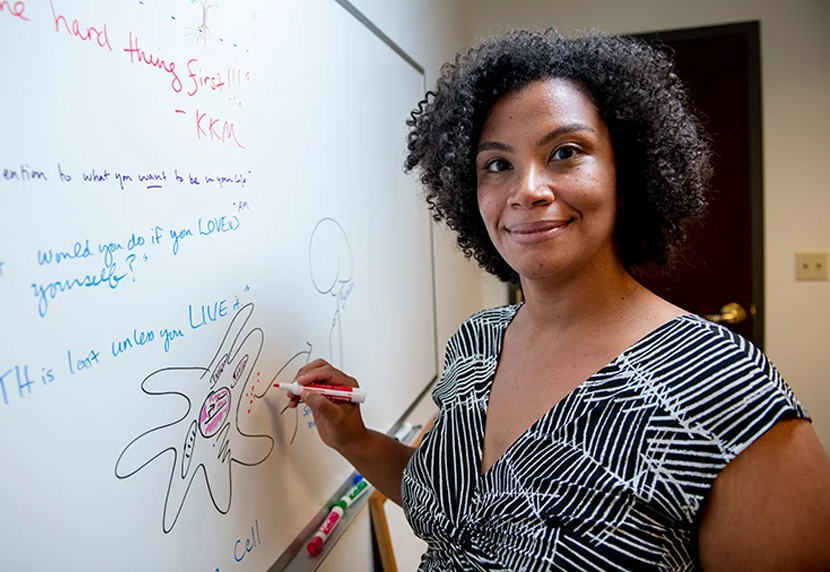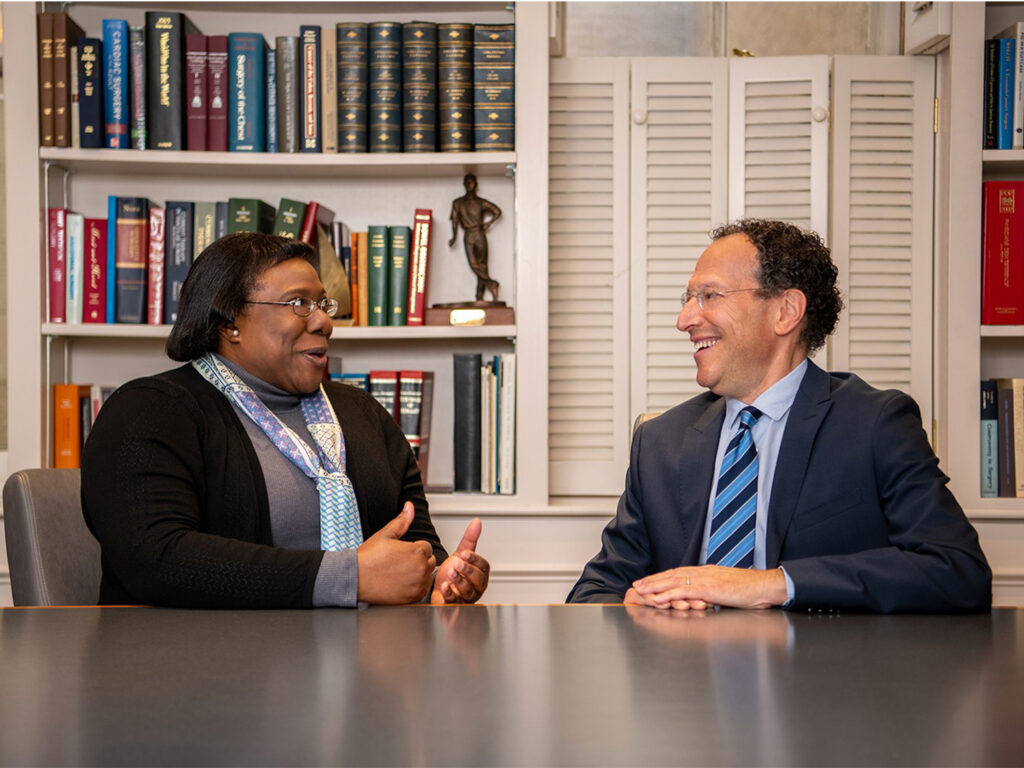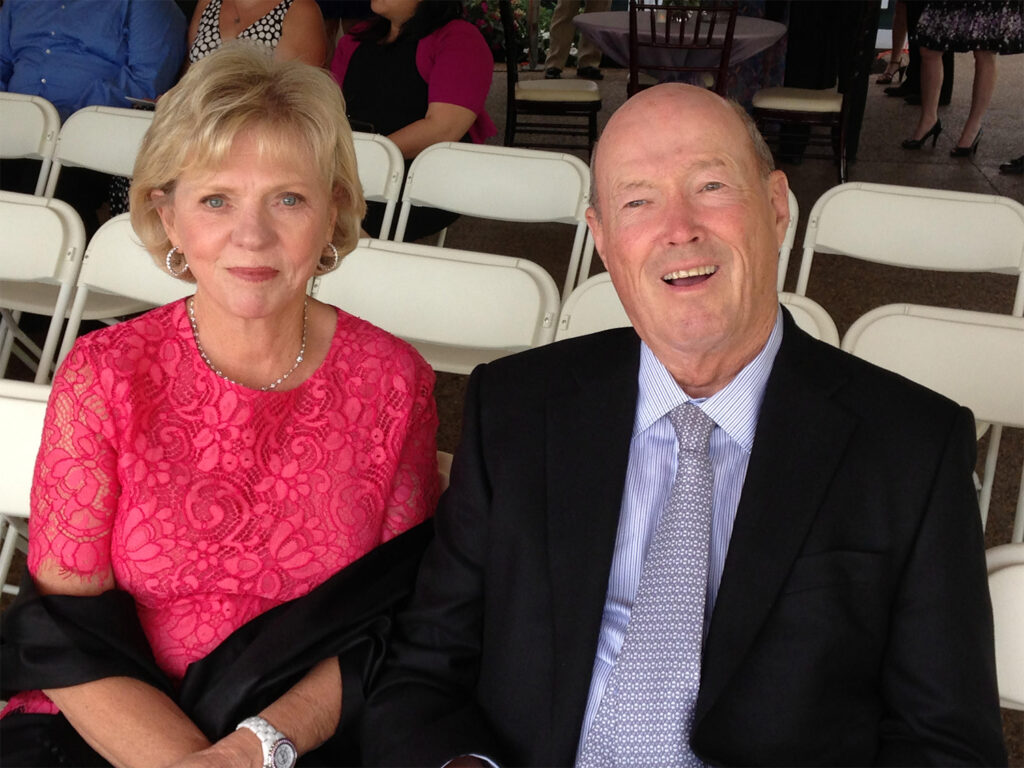Pediatric primary care clinics are the “de facto mental health clinics” for youth in the U.S., notes Massachusetts General Hospital psychologist Archana Basu, PhD. “They are often on the front lines in helping children and families with mental health concerns.” At Mass General for Children (MGfC), the number of children and adolescents who visited the primary care clinic because of mental health issues rose sharply during the COVID-19 pandemic. More than half of those patients report symptoms of emotional distress, sleep disruptions, mood and behavior problems and others. While initial mental health screenings are routinely provided by pediatric primary care teams, further evaluation and intervention are the crucial but often unavailable next steps.
Tackling Lack of Access
“Access to mental health services, and specifically for psychotherapy, has been an ongoing challenge in our outpatient clinic,” says Nancy Rotter, PhD, Director of Psychology, Child and Adolescent Psychiatry, Ambulatory Care Division. In response to the escalating demand for timely and accessible pediatric mental health services, Drs. Basu and Rotter launched a pilot program in 2021 to embed child psychologists in MGfC primary care clinics. The Integrated Primary Care Program (IPC) began as a partnership with pediatricians Katherine Brigham, MD, and Shannon Scott-Vernaglia, MD.
The integrated care model enables the team to provide more resources to more youth and families by meeting them where they are — in the clinic, where they see their pediatricians. The initiative focuses on evidence-based prevention and early intervention strategies to lessen the likelihood of developing more serious mental health disorders. It features three main components:
- A psychologist or psychology fellow embedded in the primary care clinic and providing mental health screening, education and resources and consultations to children, adolescents and families during their appointments with their pediatricians.
- Brief follow-up interventions for families in the outpatient child psychiatric clinic, based on mental health needs identified during primary care visits.
- Group-based mental health interventions for parents and adolescents, designed to increase capacity, reduce wait time for care, and help families draw on a sense of community.
Integrating Mental Health and Primary Care
Embedding psychologists in a primary care setting reduces the stigma typically associated with receiving mental health care, Drs. Basu and Rotter point out. That the pediatrician is able to introduce the psychologist to family members in the clinic also encourages connection and promotes follow-up care. “Having a psychologist available in the clinic is very important,” says Dr. Rotter, noting that patients do not always act upon referrals to mental health services.
Telehealth has made it possible for the program to expand access to care and build capacity. “Many teenagers and parents find the virtual format to be convenient and accessible,” says Dr. Rotter. “Parents don’t have to take three hours off from work or pay for parking, and teenagers often have busy schedules.”
Seeing Results
Already, the program is making a difference. Recently, an older adolescent came to the clinic with vertigo. The pediatrician treated the physical symptoms, but the psychology fellow performed a detailed mental health screening and helped to immediately address the patient’s significant mental health needs. Seed funding provided by the Division of Child and Adolescent Psychiatry, led by Timothy Wilens, MD, along with support from the Marino Health Foundation, enabled the launch of the pilot phase. More resources are needed to expand the program. “Insurance reimbursements simply do not cover all costs,” says Dr. Basu. “The Marino Health Foundation works to support organizations that advance a holistic, integrative approach to health, particularly for children,” says Foundation Board Chair Lorraine Marino Snyder. “Considering the recent increase of mental health problems, it makes perfect sense to us to support a program like the IPC. It is progressive and we have confidence it will show positive results. “
If you are interested in supporting the Integrated Primary Care Program (IPC) at MGfC, please contact us.





